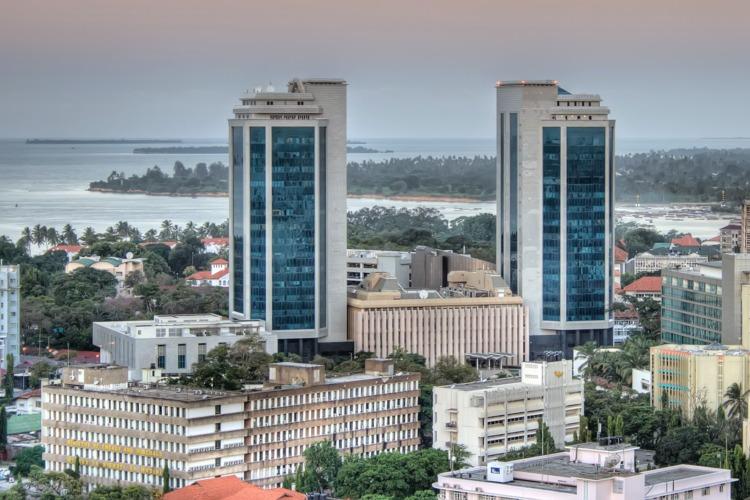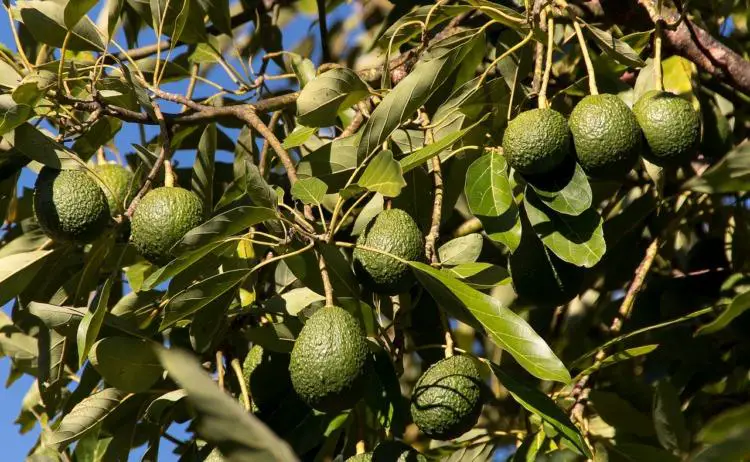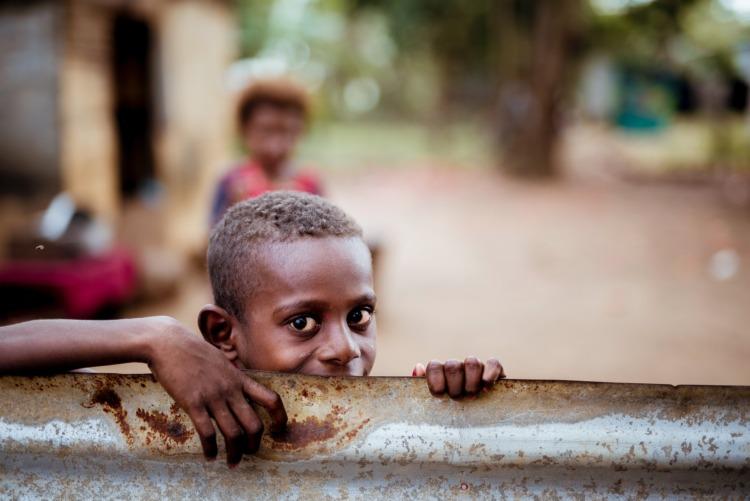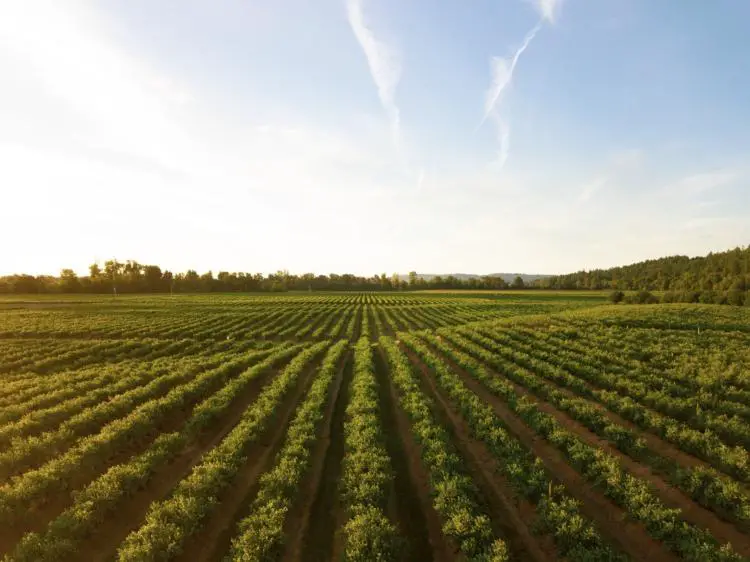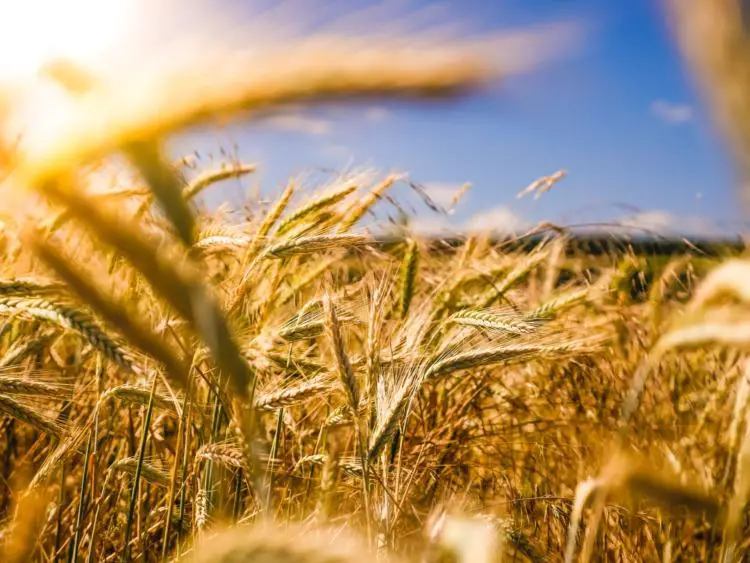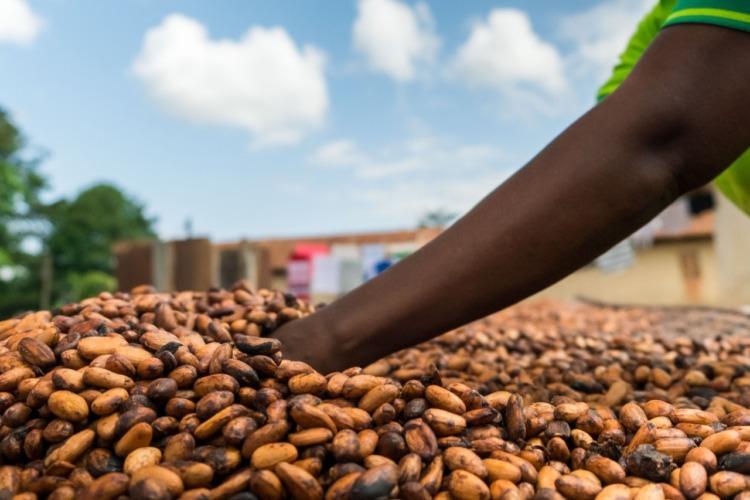- Libya joins Afreximbank and lines up mega projects to advance intra-African trade
- How Africa’s critical minerals is vital engine of regional growth and integration
- Strength in struggle: A Ugandan mpox survivor’s tale
- AFIS 2024: Here’s how we can grow Africa’s unicorns and gazelles
- African Energy 2024: Surging investment, waves of change
- AIM Congress 2025: Competition opens doors for Africa’s top tech innovators
- Zimbabwe rolls out $24M project to reduce use of mercury in gold mines
- Zambia secures $184M IMF support as economic growth set to decline to 1.2 per cent
Browsing: Agriculture
Senegal is looking towards learning from the mistakes of other African countries in an attempt to reverse the so-called “resource curse” that plagues many oil and gas producing African countries. In a further demonstration of enlisting public opinion, such a broad meeting was called to brain-storm for ideas and incorporate into a national development programme.
“It is extremely import to remind you all today, we remain convinced that the promotion of a participatory, multi-institutional, and collaborative approach is imperative for capable governance and guaranteeing sustainable prosperity,” stated President Macky Sall of the Republic of Senegal.
Under this new legislation, the citizens of Senegal will have a seat at the table, with civil society to play a leading role in driving the discussion surrounding the monetization of the country’s oil and gas industry. This landmark act will ensure a trickle-down economy that guarantees investments within petrochemicals, agriculture, power, gas, and transportation, …

The government of Tanzania has received 1.3tri/- as Covid-19 relief package from the International Monetary Fund (IMF). Now the government has announced plans to implement a score of projects that will be financed with this fund in a move it says, will help the private sector’s liquidity.
As part of its own fiscal policies to cushion the economy from the negative effects of the global pandemic, the government, through the Central Bank has also released another 1tri/- to commercial banks in a bid to increase their lending capacity.
With these funds, the Central Bank released funding and IMF funding that goes into implementing national projects, the private sector is empowered to borrow and win project tenders and as such increase money circulation in the economy.
The strategy is meant to back the economy which had slowed down due to reduced demand which in turn reduced produced production stagnating the whole …
Across the region, agriculture has been a crucial economic activity that has to levitate communities’ economies and promote some major changes, in farmer’s lives.
Farming has changed significantly over the past decade. This change has not occurred or is being adopted evenly across the globe. Europe, North, South America, and Asia have been developing and utilizing agriculture mechanization quite fast.
However, the latter has not been active in sub-Saharan Africa for a while. For the record, farming practices present during the 1960s when most of Africa, was liberating itself from colonial hands, are largely being divorced currently. …
[elementor-template id="94265"]
“Before the Forest and Farm Facility Programme (FFF) reached out to us, I faced many challenges in marketing the avocado produce from my farm,” says Paul Mitei, a farmer from Kiptoben Village, Nakuru County, Kenya.
Paul says he wanted to know more about how the avocado and tomato value chains worked, and the proper inputs that are critical to avocado cultivation and meeting market demands.
Paul is married with 3 children and has a 5-acre farm where his family tends to avocado trees. He says he started to grow avocadoes because other farmers in his community were growing them, but at that time he had poor crop management skills which led to low fruit yields, no profit and a lot of frustration. .
To improve his knowledge and capacity on the avocado value chain, he joined the Nakuru Small Holder Fruit Producers Association (NASFPA) with the hopes of higher sales …
Even though East Africa’s two economic giants Kenya and Tanzania are seen as business rivals, the two conduct enormous trade between each other and least of all not been the trade of the staple, corn.
According to the UN COMTRADE database on international trade, Kenya exports to Tanzania clocked USD 294.94 last year (2020). In fact, Tanzania has now bypassed Uganda to become Kenya’s largest export market in East Africa.
Reports show that the US imported goods from Kenya worth $41.8 million in June this year and guess which country comes next, Tanzania recording an amazing $31.6 million of Kenyan imports followed by Uganda at US$28.3 million.
Reciprocating the deal, Kenya is now accepting Tanzania’s maize into the country after a long period standoff where Kenya had banned the import of Tanzanian corn. Kenya placed a ban on Tanzanian maize for alleged contamination of Mycotoxins.
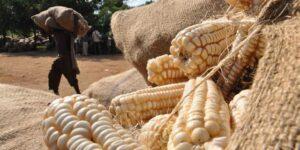
Mycotoxins are poisonous compounds produced …
Families across the globe are increasingly unable to access and afford a diet needed for a healthy life due to loss of income, price increases and disruption in food and health care systems.
This is according to new research that indicates that in many populous low- and middle-income countries, the COVID-19 pandemic and its socio-economic effects are projected to cause a devastating increase in child malnutrition, a difficult situation that is likely to get worse if no urgent action is taken.
The Standing Together for Nutrition consortium (ST4N) research suggests that without immediate action, an additional 283,000 malnutrition-related deaths in young children are estimated by 2022 – equivalent to an additional 258 children dying per day.
Food Insecurity in Zimbabwe: A Crisis in the Making?
For those who survive, an additional 3.6 million stunted children will be affected by life-long physical and cognitive impairments, and 13.6 million more will become …
Data by the bloc reveals that the sector provides livelihoods for about 80 per cent of the region’s workers, and accounts for about 65 per cent of foreign exchange earnings.
The continent, which COMESA Secretary General Chileshe Kapwepwe said last month has the potential to feed its self and export to the rest of the world, has remained a net food importer for the last 15 years.…
Kenya’s agriculture sector grew by 5.1 percent in 2020, thereby preventing a contraction of the economy, amid the coronavirus pandemic, which ravaged a majority of other sectors.
Data from Deloitte’s East Africa Economies Report 2021 indicates that the sector remains fundamentally important to the Kenyan economy, contributing about 33 percent of the GDP and 56 percent of the employment, both formally and informally.
The report paints mixed performance in the sector in 2020, for instance, as of May 2020, Kenya’s Agricultural sector’s outlook was grim due to the locust swarm infestation affecting domestic agricultural production.
However, as of Q4 2020, the sector reflected a revamped outlook owing to favourable rains and success in beating back a second wave of desert locusts.
“As such, the sector is estimated to have posted a 5.1 percent growth in 2020, emerging as the silver lining sector,” the report says.
Exports
The report also shows …
Stakeholders of agriculture on the continent have urged governments to work with the private sector to build resillient food systems to bridge the widening gap in production.
Speaking during the Alliance for a Green Revoluton in Africa (AGRA) organized Africa Green Revolution Forum (AGRF) Summit last week, speakers reiterated that food security cannot be achieved without a gvernment facilitated enabling environemnt for agribusiness to thrive.
The summit was held ahead AGRF , slated for September in Nairobi, where leaders, while celebrating the milestones the agriculture sector has made over the years, called on enhanced collaboration in transforming the continent’s food systems amid rising concerns over global food shortages owing to increasing population, shrinking land and climate change.
“As we look at innovative ways of producing food to feed our people, assist our farmers and bolsters agribusinesses, we must explore ways of working together to actualize this commitment. The partnership between …
A new report has revealed that ICT and Agriculture are the leading host sectors for Micro, Small and Medium-sized Enterprises (MSMEs) in Kenya.
The 2021 MSMEs Survey Report by Kenya Bankers Association also ranks manufacturing and construction among the dominant hubs for the enterprises that collectively create an estimated 15 million employment opportunities in the economy.
The study, conducted by the KBA Centre for Research on Financial Markets and Policy in collaboration with the Japan International Cooperation Agency (JICA) in May this year, further indicates over 90 percent of the 279 MSMEs sample analyzed were registered, signaling a high level of formalization.
The Findings
Based on entrepreneur characteristics, majority of MSMEs owners are males at 77 percent, highly educated with 54.5 percent having a bachelor’s degree level of education.
In addition, close to two-thirds or 63 percent of enterprise owners had been in employment for more than six years before …





